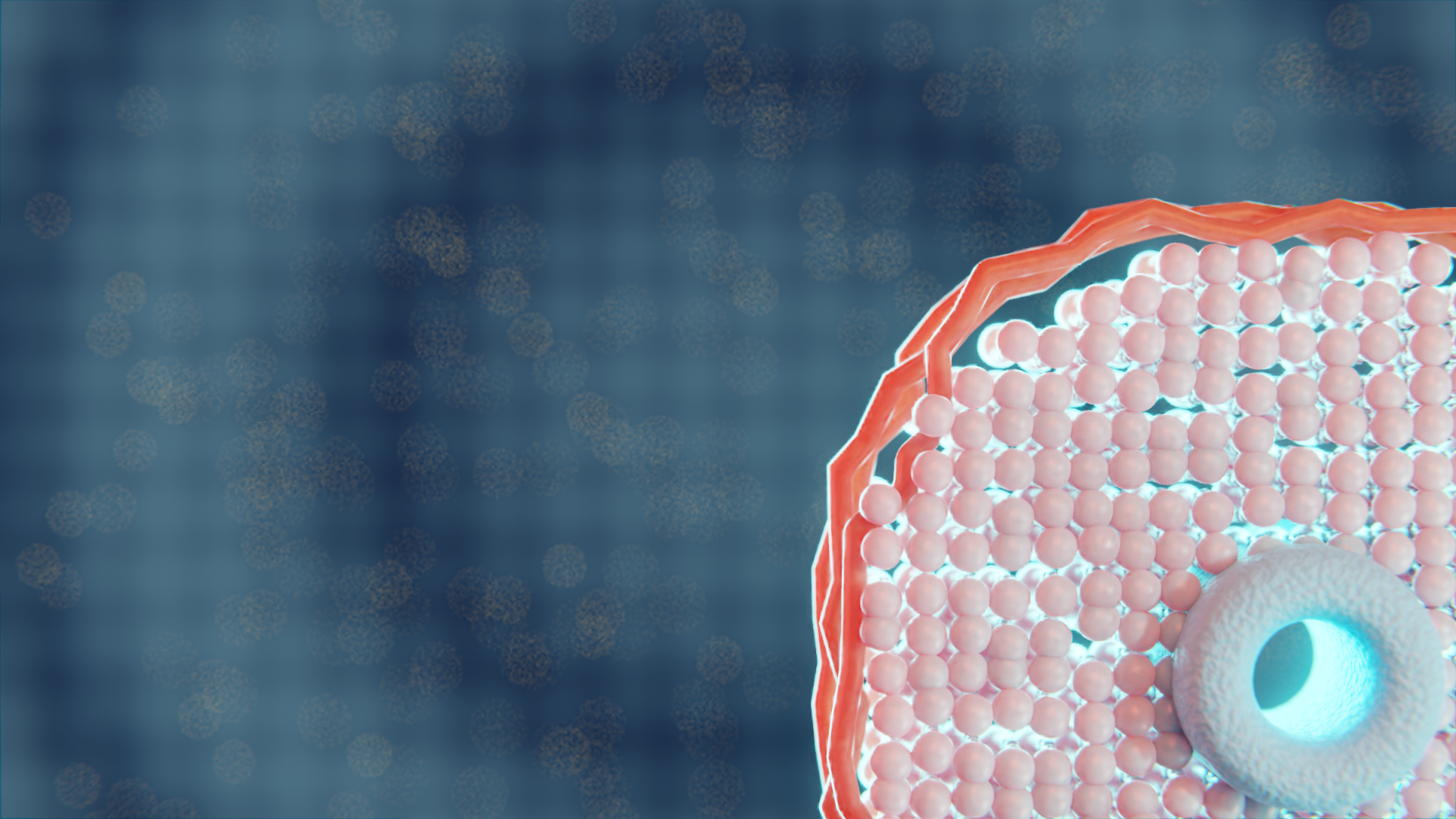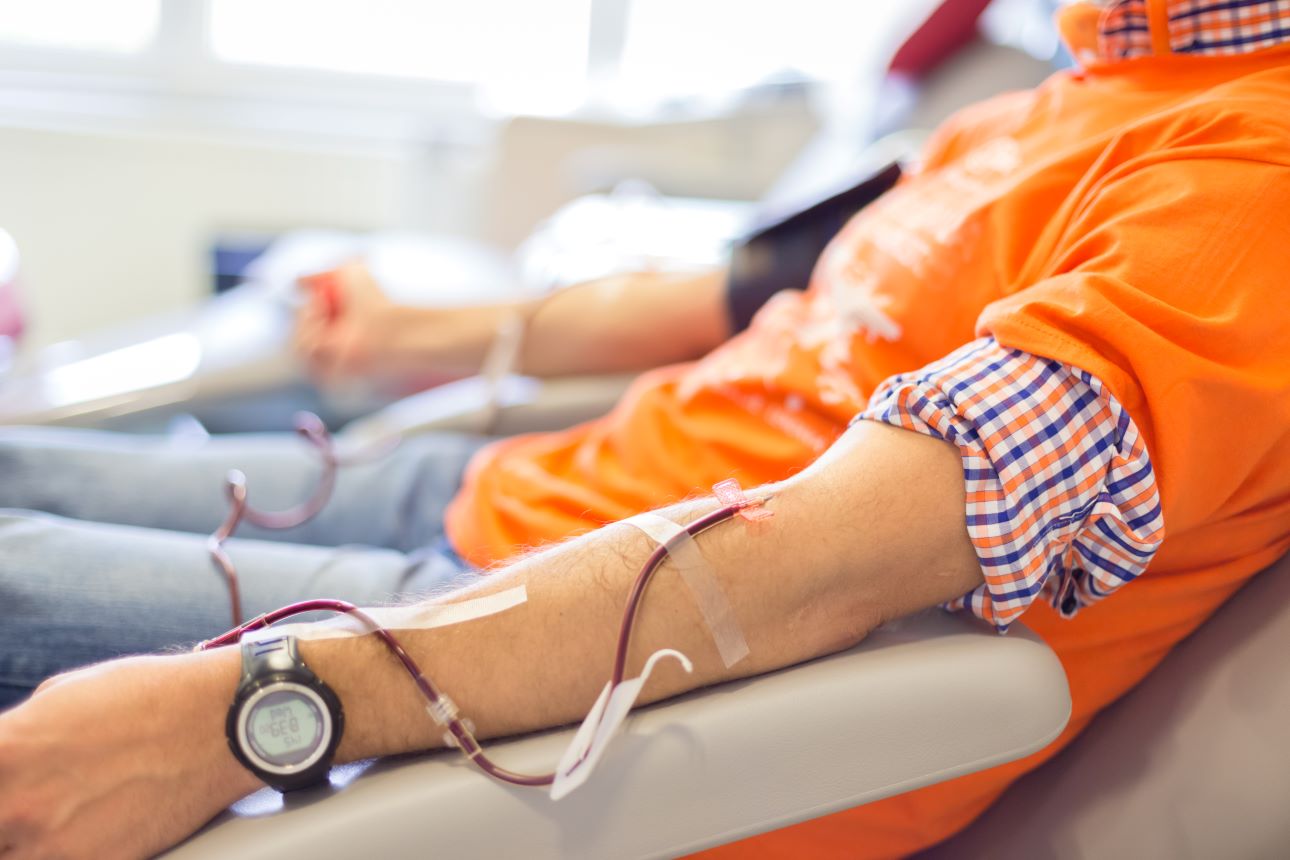biomedical research
How is biomedical research crucial for improving healthcare outcomes?
- advances knowledge: Expands our understanding of human biology and disease mechanisms
- improves diagnostics: Leads to the development of better diagnostic tools, enabling earlier and more accurate detection of diseases
- develops treatments: Results in new drugs, therapies, and medical technologies that can cure or manage diseases more effectively
- guides public health: Informs strategies for disease prevention and health promotion, contributing to the overall well-being of populations

SMA, Poly(styrene-co-maleic acid), is a synthetic copolymer composed of styrene and maleic acid. In biomedical research, SMA has garnered attention for its unique properties and potential applications, particularly in drug delivery systems, nanotechnology, and the solubilization of membrane proteins (known as SMALPs), which is critical for studying cell biology and developing new pharmaceuticals.
SMA Based Copolymers (SMALP) have proven their importance for directly solubilizing native lipid-protein complexes from a wide range of cell types or raw membranes. Our ready-to-use SMA Solutions are fully licensed for solubilizing membrane proteins in their native environment, enabling effective biomedical research.
We have licenses to use SMA Copolymers for the solubilizing of membrane proteins from Malvern Cosmeceutics Limited (US8623414, EP1890675, GB2426703, AU2006253886, JP5142898 IN261468, CN ZL200680018957.2, CA 2611144) and the University of Birmingham (US8754168).
Disclaimer
The use of this styrene maleic acid copolymer (SMA) product for the manufacture of styrene maleic acid copolymer - lipid particles (SMALP), and the use of SMALP, are covered by one or more of the following patents owned by Malvern Cosmeceutics Limited: US 8623414, EP 1890675, GB 2426703, AU 2006253886, JP 5142898, IN 261468, CN ZL200680018957.2 and CA 2,611,144 and by the University of Birmingham: US 8754168.
The purchaser is licensed under those patents to use the SMA for the manufacture of SMALP and to use the SMALP for the purpose of research and development of proteins, including their production (including purification and solubilization), screening testing, analysis, characterization (including structural analysis and characterization), including for the purpose of drug screening and for the purpose of in vitro diagnostics, but not for the purpose of delivery of agents to humans or other animals for therapeutic, diagnostic (including in vivo diagnostics) or prophylactic purposes, which uses are specifically prohibited.
The use of SMALP 502-E within the United States is not covered by our current license and this product can therefore not be made available for US purchasers.


